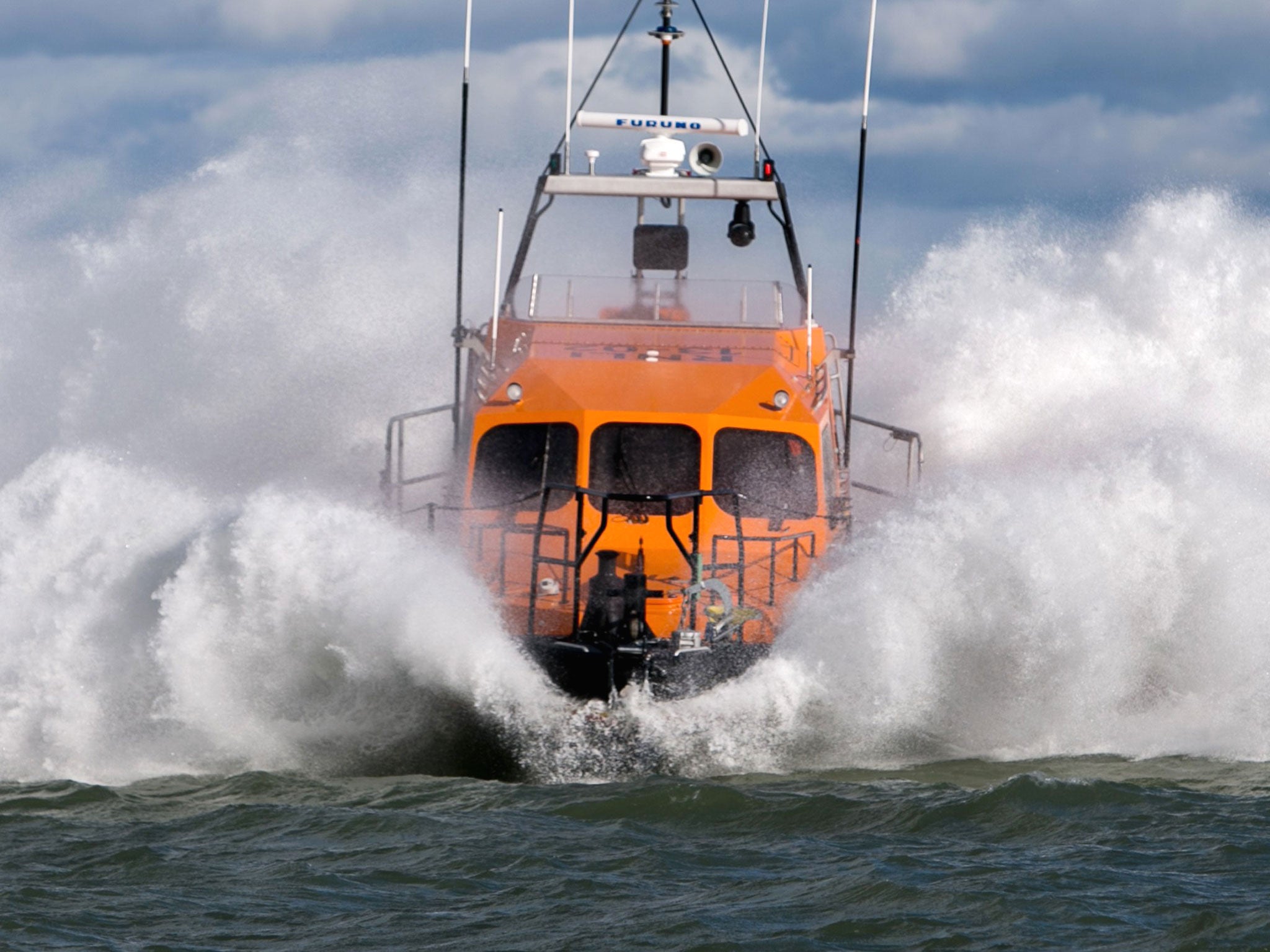British coastal deaths the highest for four years
Figures show that 167 people died in water-related accidents last year

Your support helps us to tell the story
From reproductive rights to climate change to Big Tech, The Independent is on the ground when the story is developing. Whether it's investigating the financials of Elon Musk's pro-Trump PAC or producing our latest documentary, 'The A Word', which shines a light on the American women fighting for reproductive rights, we know how important it is to parse out the facts from the messaging.
At such a critical moment in US history, we need reporters on the ground. Your donation allows us to keep sending journalists to speak to both sides of the story.
The Independent is trusted by Americans across the entire political spectrum. And unlike many other quality news outlets, we choose not to lock Americans out of our reporting and analysis with paywalls. We believe quality journalism should be available to everyone, paid for by those who can afford it.
Your support makes all the difference.The number of people who died along Britain's coast in 2013 was the highest in four years, the RNLI said, as it launches a campaign calling on people to Respect the Water.
Figures show that 167 people died in water-related accidents last year, and a further 368 were rescued by lifeguard crews after getting into difficulties.
More people were killed at the coast last year than the numbers who died in cycling accidents.
The numbers, which come as temperatures continue to soar and people take to the coasts for the school holidays, should cause people to increase their safety in and around the water, said RNLI coastal safety manager Ross Macleod.
"We really feel that that number is too high and we need to do something about it," he said, ahead of the campaign launch in Brighton today by England rugby player James Haskell.
Cold water shock, rip currents and fatigue are common factors in contributing to accidents at the coast, the RNLI said, while alcohol played a part in 28 deaths last year.
Almost one fifth of those who died were were simply swimming or walking along the coasts, added Mr Macleod.
"The biggest causes of coastal fatalities are not necessarily what you'd think," he said.
"Around 20% of the fatalities last year were caused by very everyday use of the coast, general activities like walking and going for swims and not necessarily the high risk adrenalin sports that you might think.
"There's factors that are associated with a lot of the fatalities including things like cold water shock, the strength of rip currents, as well as people drinking and going into the water."
Two-thirds of the 640 deaths over the past four years were men, figures showed.
As part of the campaign a woman who lost her uncle at sea is lending her support to raise awareness of the "hidden dangers" of water.
Elizabeth Toogood said: "My uncle Lee drowned in the sea off Weston-super-Mare beach when he was just 29 years old.
"He had grown up in Weston, swam there a lot and was very familiar with the area. Lee was a strong swimmer and confident in the water, these competencies were not enough to save his life.
"The accident happened a few years ago, however the impact of this tragedy still lives on with us as a family."
Rugby star Haskell said: "This campaign isn't about telling people not to go into the water - in fact, quite the opposite.
"This is about being smart and safe when you are there. The water is the opponent that never tires, so make sure you're never put to the test."
PA
Join our commenting forum
Join thought-provoking conversations, follow other Independent readers and see their replies
Comments